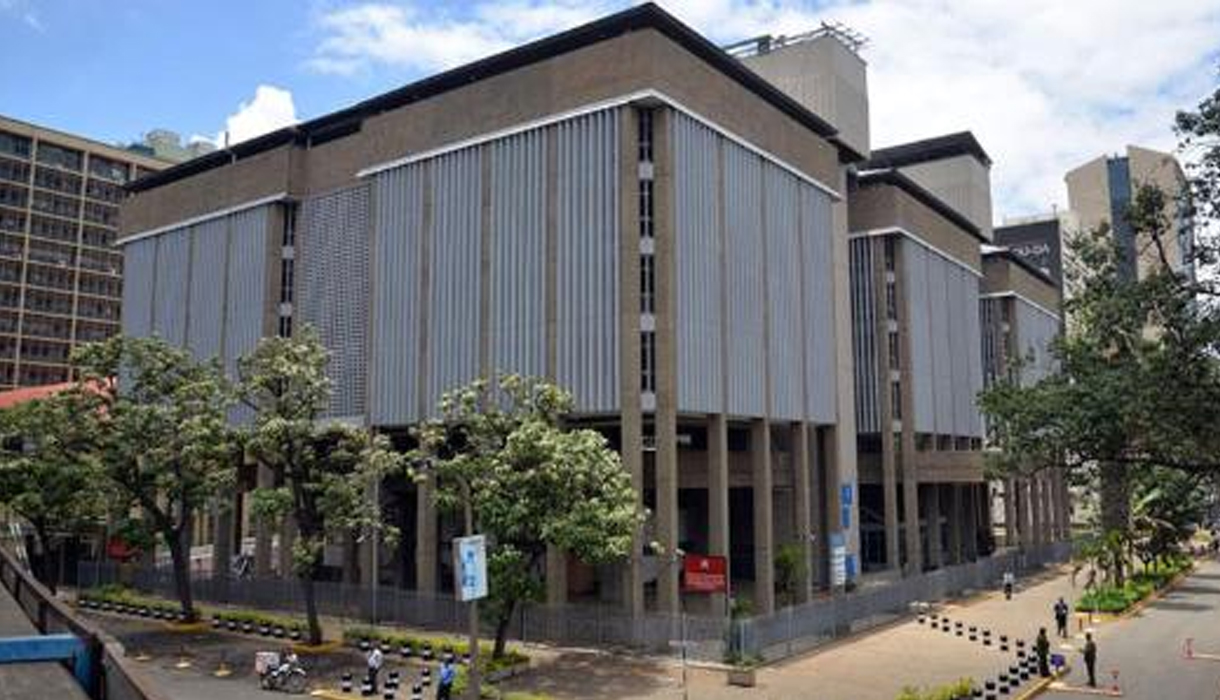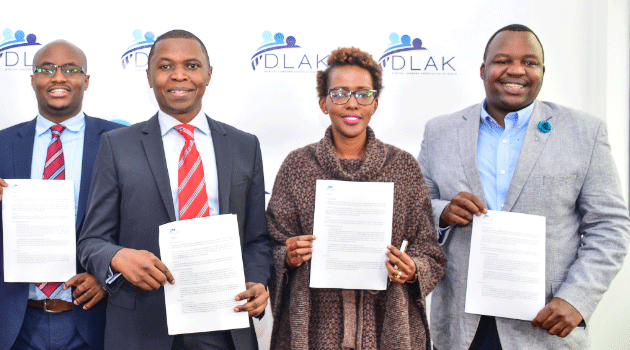By Robert Masinde
It is said that the wearer of the shoe knows where it pinches the most. This proverb cannot be proven any truer as Kenyans and the Kenyan government battle the COVID-19 pandemic.
Even as Kenyans adjust to the measures that the government has instituted to combat the virus, and the negative economic impacts, they have also sought social and economic support in the face of the harsh economic times brought about by limited working hours and travel, at best, and furloughs, wage cuts and redundancies, at worst.
While the government has proactively instituted a broad range of measures, it is important to highlight a few recent developments: the decision to revoke the right of digital lenders to report to the Credit Reference Bureaus (CRBs), and the subsequent offering of what may become a constructive path forward in collaboration with the Central Bank of Kenya (CBK) in order to ensure that all Kenyans continue to have access to fair and needed digital lending services.
Indeed, Kenya is home to millions of un-and-under-banked individuals who face credit deserts and have been poorly served by traditional financial institutions.
Building on mobile, machine learning and automated technologies, a number of digital lenders have stepped in to solve this critical public policy, social, and economic challenge by helping those who lack traditional credentials to access capital.
According to the FSDK 2018 report, digital credit serves over 35% of adults who own a mobile phone which translates to over 10 million people, while the MicroSave consulting 2019 report indicates that 16 million digital loans have been issued between 2016 and 2018.
Without access, these Kenyans will miss out on opportunities to start or grow a small business, manage their family finances with confidence, or cover emergency expenses with peace of mind.
While there are valid concerns with aspects of the digital lending industry and some of its actors, the answer should not be to cut off access to credit when people need it most. Rather, as recently suggested by CBK Governor Dr. Patrick Njoroge, we must urgently and constructively pursue forward-leaning regulatory frameworks that mitigate the harms and maximize the benefits of digital lending.
This is what the people of Kenya want, the members of the Digital Lenders Association of Kenya (DLAK) are keen to pursue, and the economy requires.
In December 2019, DLAK, through the independent firm, GeoPoll, conducted a survey of 1,000 Kenyan individuals who had taken a digital loan in the past six months for either personal or business use. Nearly all respondents viewed having more credit options as a good thing, and the vast majority reported satisfaction with their digital lending experience.
Other responses from the survey stand out in highlighting the importance of digital lending in promoting financial inclusion and economic growth in Kenya. Nearly half of the sampled respondents mentioned that they would not have other credit options if not for the mobile loan; 84% of small business borrowers stated that the loan enabled at least some growth in their business and 88% would consider taking another loan from a digital lender.
While access to responsible credit is critical for the Kenyan economy, we recognize the importance of sound regulation. For example, we commend the CBK for many of the actions it took after the collapse of several high-profile financial institutions three years ago when it became clear that reform of the formal banking sector was necessary. This did not mean shutting down the banking sector, but rather working thoughtfully to pursue needed reforms.
The same approach is needed now for the digital lending industry. Regulatory measures that restrict financial access and impede innovation will only harm Kenyans and the broader Kenyan economy. DLAK stands ready to work collaboratively with policymakers in order to promote a regulatory framework that ensures transparency, fairness in collections and operational practices, and proper oversight. In fact, we are rolling up our sleeves and working on concrete regulatory proposals that can help the industry advance its mission of serving the Kenyan people.
The decision to revoke the right of digital lenders to report to CRBs is an example of why collaboration is urgently needed. Absent a clear path forward, revoking the right to report defaulters to the CRB may drive unintended consequences, and further alienate and economically disenfranchise the very cohort of people it was intended to assist.
For starters, many Kenyans are not yet listed with the CRBs, which means that for the millions of Kenyans who dutifully borrow and pay back their loans as agreed with various financial institutions there is no opportunity to create and build positive credit profiles. These are the silent majority.
What is more, reporting to the credit bureaus discourages overindebtedness. Without such reporting, policymakers may inadvertently facilitate loan stacking and decrease credit market transparency.
A constructive regulatory path forward would be to encourage, and if possible, require, both negative and positive listings on CRB. In this way, not only will customers be working towards avoiding over-indebtedness and a negative listing, but also feel encouraged to improve their credit-worthiness through positive listings, and thus creating a virtuous cycle that unlocks more traditional capital.
Another modern solution would be digitizing CRBs by enabling real-time reporting so that customers can reap the benefits of positive credit histories they build with digital lenders and lenders can avoid loan stacking that causes over-indebtedness (through instant checks of individual credit activity).
Kenya has come a long way in making financial inclusion possible for its citizens and digital lenders have been a significant part of that journey. While the sector is far from maximizing its potential, it is important that we not erode all those gains made in the last decade and end up punishing those who policymakers intend to help, the people.
This is why we, as DLAK, are advocating for and readily offer our hand in pursuing an informed, cogent, open and consultative approach to policy-making in this arena. The people of Kenya demand no less.
Robert Masinde is the CEO of Digital Lenders Association of Kenya (DLAK)













Leave a comment